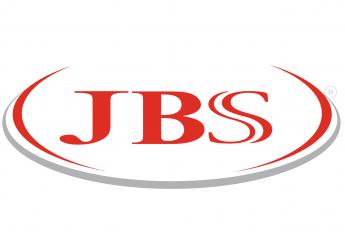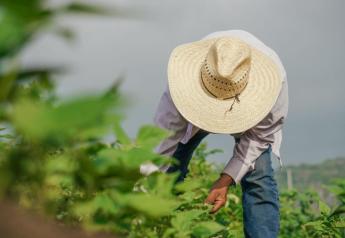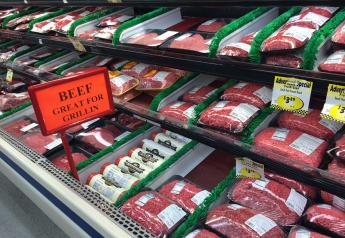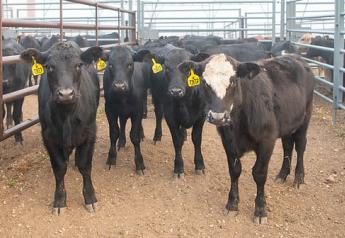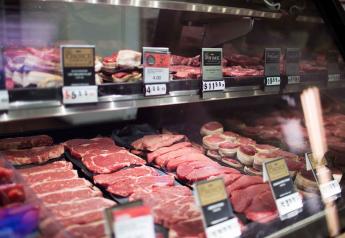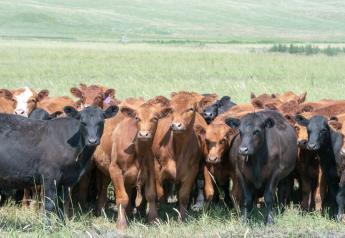Ranchers Slam Regressive Endangered Species Act Rulemakings

The National Cattlemen’s Beef Association (NCBA) and the Public Lands Council (PLC) condemned the Biden Administration’s three finalized Endangered Species Act (ESA) rulemakings that significantly expand federal overreach and roll back reforms that previously provided some relief to farmers and ranchers.
"The Biden Administration's goal should be to improve the broken ESA process, and to leverage partnerships with cattle producers and landowners to conserve healthy habitat. Instead, these rules drastically increase the regulatory burden on farmers and ranchers,” said NCBA President and Wyoming rancher Mark Eisele. “Producers in the West are usually the most impacted by Endangered Species Act listings and habitat designations, but these rules now put every farmer and rancher in the country under the threat of a potential habitat designation, even if we are talking about private land and areas where a listed species has never lived before.”
This slate of rulemakings also reinstates the blanket 4(d) rule, a one-size-fits-all approach that creates more restrictions and red tape for ranchers trying to continue normal agriculture operations and carry out voluntary conservation activities around threatened species.
“These rules threaten the efficient operation of farms and ranches across the West, and they get in the way of the extensive, voluntary conservation work already happening on our public lands,” said PLC President and Colorado rancher Mark Roeber. “By reinstating the blanket 4(d) rule, allowing critical habitat designations in areas where the species can't even live, and disregarding the economic impact of ESA decisions, the Biden Administration is further weaponizing the Endangered Species Act against ranchers and working lands in general.”


